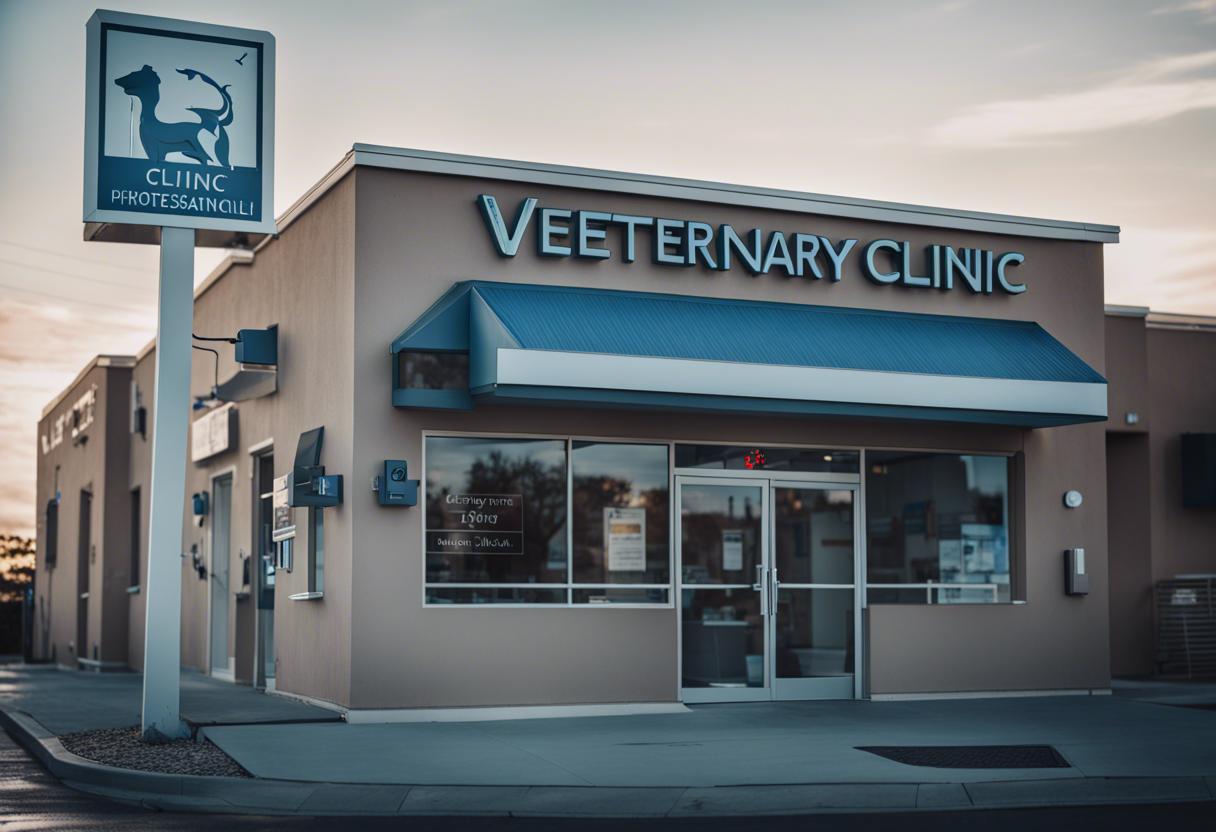In Dublin, a veterinarian and a dog pound supervisor have been penalised for their involvement in the illegitimate distribution of a euthanasia drug to two dogs in 2020. The vet was ordered to pay €12,500, while the supervisor was fined €400. These are the most recent legal actions taken in Dublin Circuit Criminal Court concerning incidents at Ashton Dog Pound near Castleknock during the July 24th, 2020 weekend. Two canines were administered Dolethal orally which resulted in their demise.
Dolethal, a deadly drug that contains pentobarbital sodium, can only legally be stored at a vet’s premises and must be given intravenously by a qualified professional. Veterinarian Sydney Nagle (65), residing at the Oaks, Hollystown, Dublin 15, confessed to two charges of permitting an unqualified individual to possess the drug. Additionally, he admitted to four counts concerning his failure to record details such as batch numbers, serial numbers, and transactions of the drug and not retaining these records for a duration of five years.
Raymond Connolly (56), from Claddagh Green, Ballyfermot, Dublin, has pleaded guilty to two charges regarding possession of the vet-exclusive drug and permitting a non-professional to administer it to the dogs over the aforementioned weekend.
The court was informed that the decision to euthanise the two dogs, an Akita and a Bichon Frise, had been made earlier at the pound. The dogs exhibited symptoms like vomiting and diarrhoea after being dosed with Dolethal. One canine succumbed to the effects while the other had to be put down humanely a few days later.
Judge Martin Nolan proclaimed that Nagle was indeed a proficient vet who had offered “considerable service” to pets and their owners, however, he emphasised the considerable risk posed by the drug in question and specified that it should only be given by a vet via an intravenous route.
Judge Nolan has mandated that Nagle, a member of Cara Veterinary Group, pay a total of €12,500 within half a year. The judiciary official offered a positive characterisation of Nagle, referring to the man as amicable and accommodating, with no former run-ins with the law. Nolan also indicated that Nagle may endure repercussions due to an ongoing examination of his professional competence by the Veterinary Council of Ireland.
The judge concurred that it was a common occurrence for Dolethal to be used at Ashton Pound without a veterinary practitioner. Since 1982, Nagle has been an active vet and confessed to law enforcement that his unawareness and inexperience led him to commit an offence unknowingly. He expressed remorse for his lack of awareness, emphasising that he never intentionally inflicted pain or distress on an animal and always aimed to do his utmost.
Nolan attributed a rather minimal degree of blame to Connolly, highlighting that it would be unreasonable to expect him to comprehend the complex legalities. The judge noted that Connolly was dispensing medications to dogs under the assumption that it was a regular undertaking. However, the judge criticised this practice, labelling it not only illegal but potentially hazardous to Connolly and his coworkers. Connolly was slapped with a €400 penalty, which he was given six months to settle.
Last month, Donal Moroney, a former manager of the pound, aged 70 from Ayrfield Drive, Coolock, was charged a €500 fine for enabling illegal storage and administration of Dolethal to a pair of dogs in the pound. Similarly, the previous pound owner, David Stone, was subject to a €30,000 fine in the previous year for three similar instances of misconduct. Stone, 66, from Hazelbrook, Loughlinstown, Ratoath, Co Meath, had overseen the pound since 1996, serving councils such as Dublin City, Fingal, South Dublin, and Dún Laoghaire-Rathdown.

